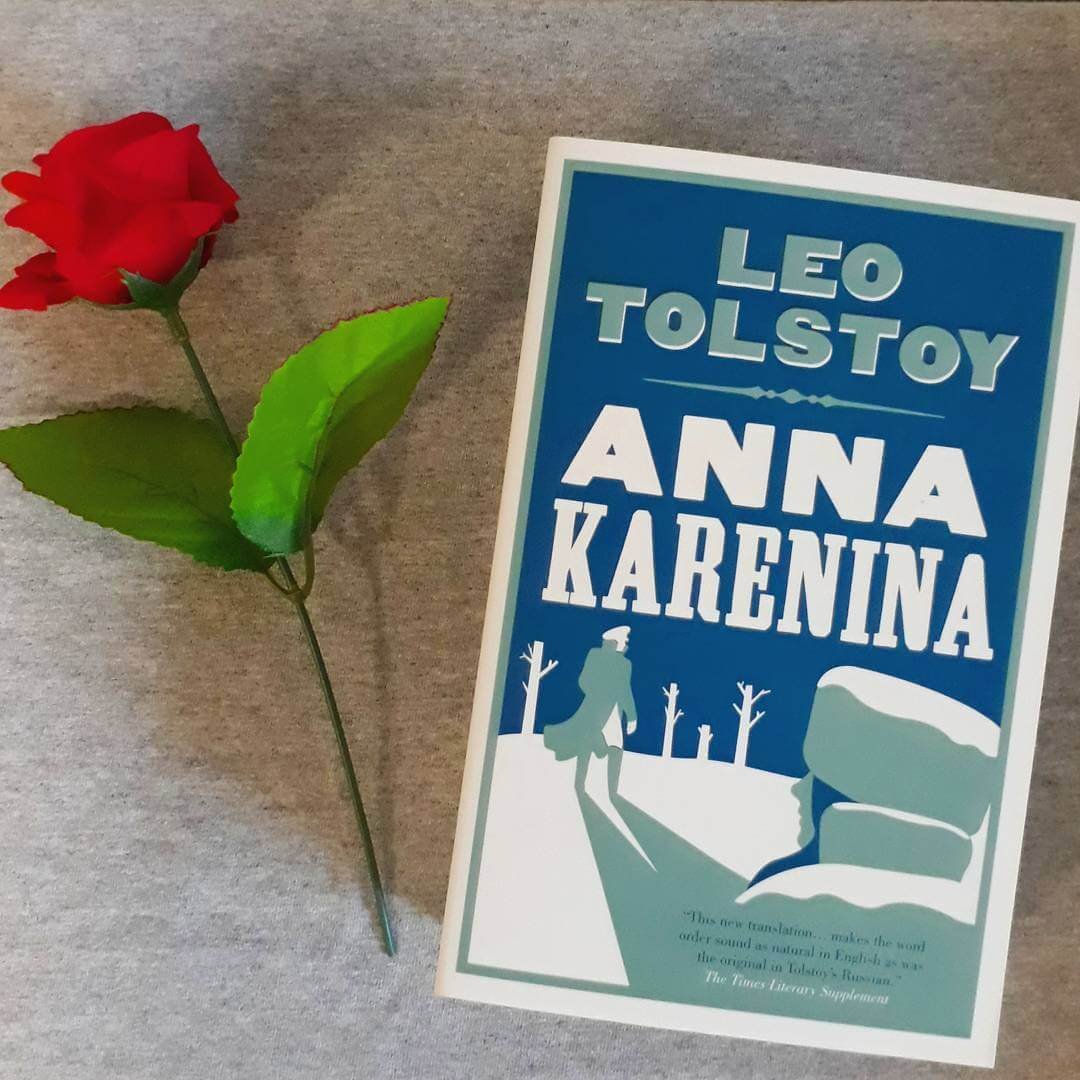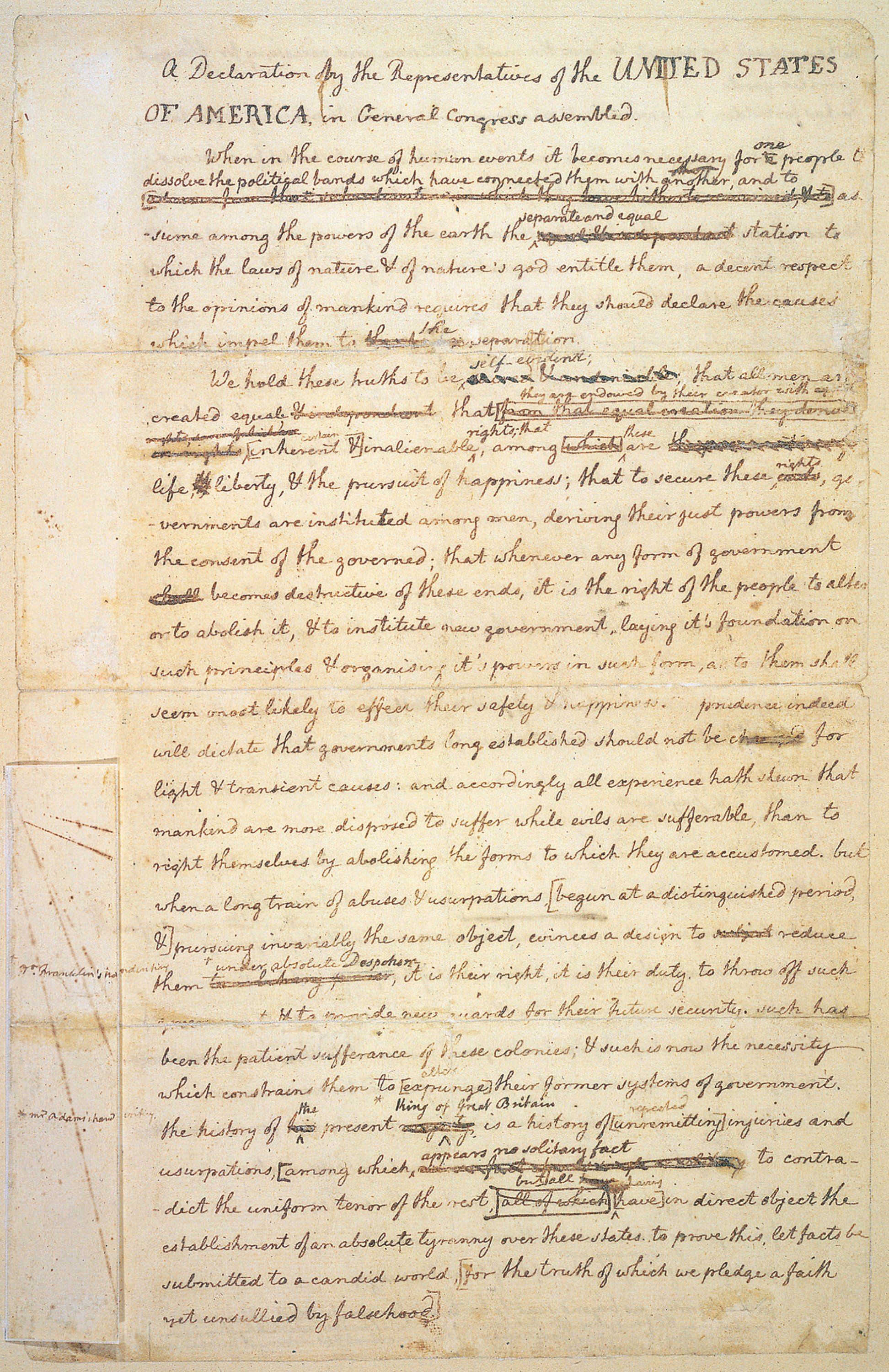#1,044: First They Came For N.P.R., Then They Came for P.B.S . . .
It goes without saying that in his day, Lyndon Baines Johnson was a terribly unpopular POTUS. Back then, student protestors were as apt to be shouting “Hey, hey, LBJ: how many kids did ya kill today?” in the campus quadrangle as were singing “Go ask Alice, when she’s 10 feet tall” at a spontaneous gathering of singing stoners. One will recall that LBJ’s approval rating was so toxic that he was forced to announce he would not be running for reelection in 1968 . . . a man who had, just 4 years prior, annihilated his Republican opponent, Arizona Senator Barry Goldwater, by nearly 16 million votes, winning 44 of the 50 states. Never in the history of American politics had an incumbent president suffered such an precipitous fall from grace.
If it were not for the Viet Nam war, LBJ would likely have gone down as one of our most successful, most progressive of all American presidents. Consider just a few historic measures enacted during his 5 years in office:
July 2, 1964: Johnson signs the Civil Rights Act of 1964 which outlawed discrimination based on race or color, sex, religion or national origin.
August 30, 1964: Johnson signs the Economic Opportunity Act, creating the Office of Economic Opportunity and beginning the War on Poverty.
July 30, 1965: Johnson signs legislation creating Medicare and Medicaid.
August 6, 1965: Johnson signs the Voting Rights Act into law.
November 7, 1967: LBJ adds a monumental new institution to his Great Society: the Corporation for Public Broadcasting.
At the signing of the Public Broadcasting Act of 1967, LBJ referred to it as “. . . a miracle of communication.,” and compared it to the United States’ first telegraph line.: “This Corporation will assist stations and producers who aim for the best in broadcasting good music, in broadcasting exciting plays, and in broadcasting reports on the whole fascinating range of human activity,” Johnson remarked, as he approved the nonprofit that would give quickly give birth to both National Public Radio and the Public Broadcasting Service. “Today,” he said, “we rededicate a part of the airwaves—which belong to all the people—and we dedicate them for the enlightenment of all the people.”
Mr. Rogers (1928-2003)
But not all was beer and skittles, as the Brits would have it. Shortly after succeeding LBJ, Richard Nixon sought to cut the Corporation for Public Broadcasting’s (CPB) budget by more than 50% (from $20 million to $10 million); he found it to be a waste of taxpayer’s money and likely anti-American. At this point, Rhode Island Senator John Pastore (1907-2003), the legislative father of the Public Broadcasting Act and chair of the powerful Senate Commerce Subcommittee on Communications, held a hearing in which his main witness was America’s “best neighbor,” the beloved Mr. Rogers who, in his quiet folksy way, sent Nixon to his room without supper. And yes, by repeatedly referring to the need for first-rate children’s programming, Mr. Rogers succeeded in his task; the moneys were left intact. It is a maddeningly true fact the urge to cut funding - if not completely dismantle - CPB, PBS and NPR was already present at its creation. (It should be noted that Senator Pastore’s main motivation in creating PBS and NPR was to directly counter the violence seen on commercial television, and unbalanced reporting done by corporate news agencies. . . hence Mr. Rogers going up to Capitol Hill.)
For nearly 60 years, the Corporation for Public Broadcasting - through both PBS and NPR - has been providing the American public with the very best in public programming, performance, British comedy, documentary film and news broadcasts that would make Walter Cronkite, Edward R. Murrow, Harry Reasoner and Barbara Walters jump up and give a standing ovation. National Public Radio is one of the last news agencies which still maintains embedded journalists and bureaus all over the world.Despite what the regime would have their cultists think, All Things Considered, National Public Radio’s flagship program is the most listened-to, afternoon drive-time, news radio program in the country. Likewise, Morning Edition, NPR’s morning drive-time 3-hour news show has a daily audience estimated at more than 13 million Both of these news shows have earned many of journalism's highest honors, including the George Foster Peabody Award, the Alfred I. duPont-Columbia University Award, and the Overseas Press Club Award.
Just last night we spent our television time enjoying the hell out of 3 laugh-out-loud comedies from the BBC (Are You Being Served?, Keeping Up Appearances, and As Time Goes By), followed episode 4 [of 7] of Ken Burns’ brilliant miniseries The Roosevelts: An Intimate History.) And while I will admit that British humor (or should that be humour?) is an acquired taste and that Ken Burns’ documentary series about the Roosevelts, Thomas Jefferson, The “Dust Bowl,” The U.S. and the Holocaust and Jackie Robinson (to name but a few) might not be everyone’s cuppa tea, they are really, truly both entertaining and educational. Many will recall that the original collective term for PBS has been doing so well for the past 57 or so years was Educational Television. Today, I fear, for many that is an opprobrious term, meant to tar the entire enterprise with the feathers of snotty, leftist elitism.
If you ever watch or listen to a program on either PBS or NPR, you will see or hear a rendering of who its sponsors are. And while the litany generally begins with “The Corporation for Public Broadcasting” and ends with “ . . . and supporters like you,” in between there are numerous corporate and philanthropic underwriters. Truth to tell, NPR and PBS receives just a small amount of direct federal government support; less than 2% of its annual revenue. And yet, ever since its creation in 1967, there has been a slow but constant demand to have the feds turn the spigot off.
This demand finally became reality this past week when, by the narrowest of partisan margins Congress gave final approval to Felon47’s request to claw back about $9 billion for public broadcasting and foreign aid. The legislative or legal term for what IT demanded and Congress delivered, is called rescission; the cancelling of a contract. In the context of the U.S. Congress, rescission refers to the process where Congress formally cancels previously appropriated budget authority, effectively reversing a spending decision. This means Congress can retroactively cut funds that have already been approved for a specific purpose. Rescission bills proposed by POTUS are considered under an expedited process that cannot be filibustered in the Senate, thus allowing it to pass with 51 votes instead of 60 (the number it takes to end a filibuster . . . an act called “cloture.”
The vote marked the first time in decades that a president had submitted a rescission request to Congress/ That POTUS was Bill Clinton way back in the 1990s. Ominously, the current White House has made it clear that this current rescission won’t be the last. Some Republicans who expressed discomfort with the cuts ($1.1 billion for CPC, and $8 billion for foreign aid) behind closed doors, nonetheless supported them, wary of crossing the regime or upsetting ITs agenda. “We need to get back to fiscal sanity and this is an important step,” said House Speaker Mike Johnson. By what stretch of anyone’s imagination can clawing back a paltry $9 billion in already approved funding be considered an “important step?” Yes, most of us know Lao Tzu’s axiom about “A journey of a thousand miles begins with a single step,” but this . . . this is the height of idiocy. Lopping off $9 billion from a budget that will easily top $7 trillion and calling it “an important step” shows the Speaker (and the boss who gives him his marching orders) to be either the biggest fools or most craven cowards in American political history. And what is even worse, Speaker Johnson - like his boss - thinks there are enough idiots in America to pull it off. Just do the math: $1.1 billion is precisely 0.0157142857% of the federal budget.
At this point, it should be obvious - not to all, but to many - that the rescission has virtually nothing to do with the budget; it does have everything to do with getting back at any individual or institution that finds fault with IT, points out his lies or questions his leadership abilities. And while POTUS may sit in his gilt-encrusted office smugly chuckling over what he has accomplished and making plans for getting yet another media outlet to toe the line and show him the fealty he believes is due him, he is, I would imagine, beginning to have some sleepless nights. Yes, he can privately take all the credit in the world for getting Steven Colbert kicked off the air, and for forcing out numerous top-flight columnists and editors from their positions at the Washington Post and New York Times, but I predict that one of these days, he is going to start feeling the wrath of his most loyal, least educated and least urban supporters. For ironically, it will be the farmers of the Dakotas and the Midwest - those who rely heavily on their local NPR affiliates to bring them their up-to-the-moment local news and weather forecasts - who will turn the dial and find nothing but dead air. It will be the working-class who find prices beginning to skyrocket . . . only to discover that it wasn’t Biden, Obama, Schumer, Pelosi or AOC who are/were responsible for all the economic misery, but rather tariffs . . .which are taxes, levied on the working class. People living in small rural towns are daily waking up to the fact that their local hospital has closed its doors due to the fact that they no longer receive assistance from the Feds. . . or that when there’s a natural disaster, there’s no one answering the phones at FEMA. The most zealous of his Christian Nationalist supporters will come to see that their leader, far from being a redeemer is, in fact, a decadent, merciless oligarch who is lining his pockets with billions of crypto dollars, while denying that he was ever been friends with Jeffrey Epstein. Is it any wonder that just the other day, the White House Press office issued a report informing the public that Pumpkin Punim has been diagnosed with Chronic Venous Insufficiency “after he noticed swelling in his legs.” How’s that for shifting public attention away from the realities of the moment? Perhaps It can garner a bit of sympathy from his cultists, thus turning their attention away from how poorly they are doing.
Going after the CPB, NPR and PBS isn’t going to make America “great again.” Forcing out or firing such top-flight journalists and editors as the Washington Post’s Ruth Marcus, Ashley Parker, Eugene Robinson and executive editor Sally Buzbee won’t show how powerful Felon47 is; it will strengthen MSNB and the Atlantic, where most of the above found new, more challenging positions.
Suing Rupert Murdoch’s Wall Street Journal for $10 billion for malicious libel over the newspaper’s report that POTUS’s name was on a 2003 birthday greeting for Jeffrey Epstein (that included a sexually suggestive drawing and a reference to secrets they shared) cannot and will not make IT any richer or more popular with the cult. Remember: Rupert Murdoch, who just a little over 2 years ago agreed to a $787 million settlement in the Dominion Voting Systems’ defamation lawsuit, also owns and controls Fox News, which is already beginning to tone down its positive reporting of the current administration. Although now in his mid-nineties and fighting with his children over who will control his media empire, Rupert Murdoch has a long memory . . . and knows more about revenge than IT can ever begin to imagine.
Yes, the 47th POTUS is an ass but, to paraphrase former President William Howard Taft’s takedown of William Jennings Bryan, “ . . . he’s an ass with a lot of opportunity for mischief.”
The “mischief” that IT, his puppet masters, toadies, and cultists are fobbing off on America and indeed the world, is being done in plain sight. This is the good news. The bad - very bad - news is that one of these days, there may be no news to broadcast the news . . . if they get their way. Unless and until the lower courts and SCOTUS find the courage to rein in these despoilers of democracy, we are going to wake up one day and find that too much has been taken away from the many in order to further enrich the few. As I write this concluding paragraph, I am reminded of the late German Pastor and theologian Martin Niemöller (1892–1984) who, despite being an early and ardent supporter of Adolf Hitler, emerged as an outspoken public foe in the late 1930s. He is remembered for one particularly haunting and prescient piece of writing known to history by the title “First They Came.”
First they came for the Communists
And I did not speak out
Because I was not a Communist
Then they came for the Socialists
And I did not speak out
Because I was not a Socialist
Then they came for the trade unionists
And I did not speak out
Because I was not a trade unionist
Then they came for the Jews
And I did not speak out
Because I was not a Jew
Then they came for me
And there was no one left
To speak out for me
Indeed, now, as never before, we must all speak out.
For those who want to help undo the harm done to public access media by the rescission, please consider making a contribution to either National Public Radio, PBS or both. Together we can help keep the public airwaves in the hands of the public . . . which belong to US.
Copyright©2025 Kurt Franklin Stone













